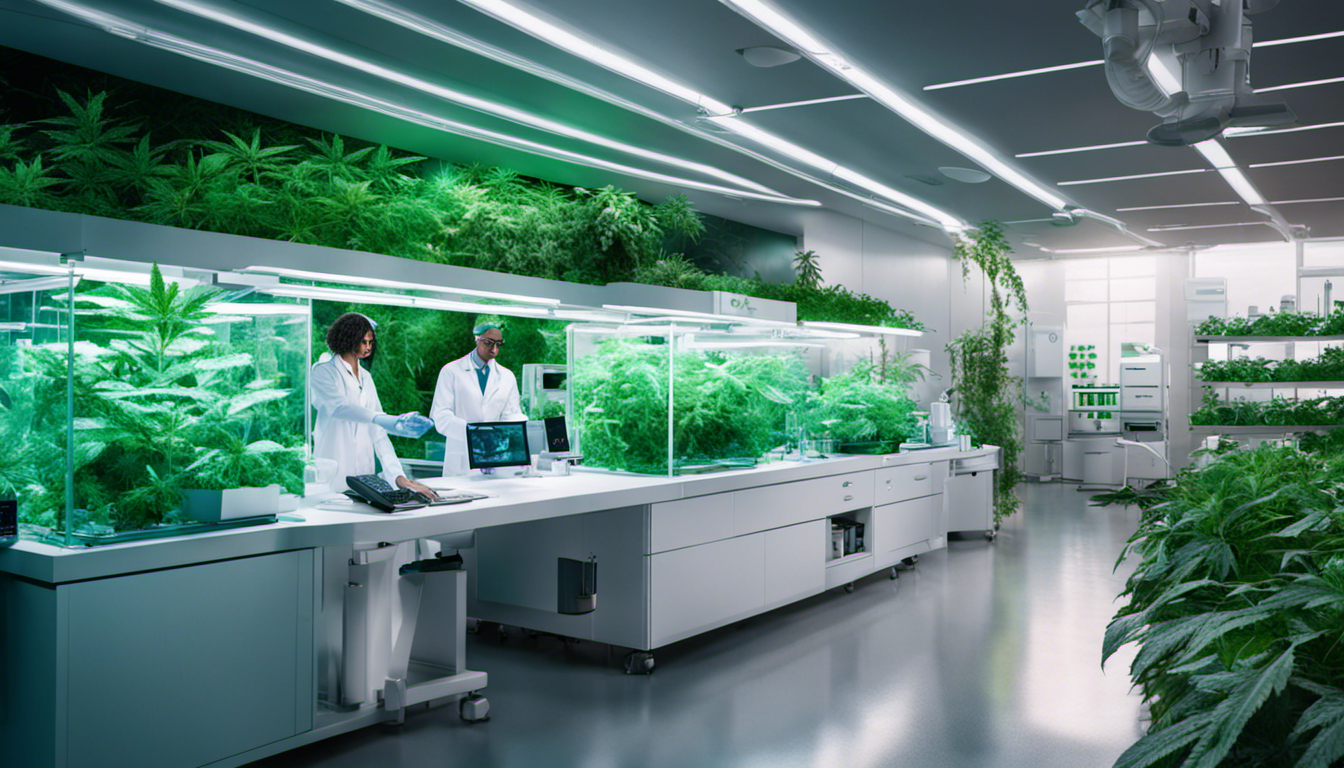Cannabis on the Cusp of Legitimacy: But What Does it Mean for Medicine?
The Drug Enforcement Administration (DEA) has proposed new rules that would reclassify cannabis as a medication, rather than an illegal narcotic. This move is expected to have significant implications for the medical community, but experts warn that it’s not as straightforward as it seems.
Under the new rules, cannabis would be reclassified as a Schedule III drug, meaning that any cannabis-based medications would require FDA approval and a doctor’s prescription. However, cannabis would still be available at state-legal dispensaries without FDA approval. This has led some experts to describe the move as “a little bit incoherent.”
Peter Grinspoon, a physician and Harvard medical school instructor, argues that the most important change is symbolic, as it acknowledges that cannabis is a medicine. He hopes that the move will make it easier to study the plant and its potential medical benefits.
Grinspoon is particularly interested in researching the potential of cannabis to fight diseases, rather than just alleviating symptoms. He notes that while cannabis is effective in treating symptoms such as chemotherapy-induced nausea and vomiting, it’s unclear whether it can actually modify the course of diseases.
Igor Grant, a psychiatrist and director of the Center for Medical Cannabis Research at the University of California, San Diego, believes that cannabis could be especially useful for treating conditions that resist existing treatments, such as neuropathic pain.
To get FDA approval, cannabis-derived drugs would likely need to be either synthetic or extensively refined. There are already some FDA-approved medications on the market that are related to cannabis, such as Dronabinol, which contains a synthetic version of THC.
The 2018 Farm Bill created the possibility for medications actually derived from the cannabis plant, and the FDA has approved one such drug, Epidiolex, a pharmaceutical-grade formulation of CBD that treats rare seizures. Rescheduling could mean that the FDA approves similar products made from plant-derived delta 9 THC.
However, experts warn that the FDA is unlikely to approve unrefined cannabis products, as they require precise formulation to ensure safety and consistency. Jahan Marcu, author of the book Cannabis Innovations, notes that even drugs that originally came from plants tend to be manufactured, and that the FDA’s approval of Epidiolex may pave the way for other cannabis plant-derived medications.
Grinspoon hopes for a more diverse array of cannabis-derived medicines, rather than just more formulations of CBD and THC.












